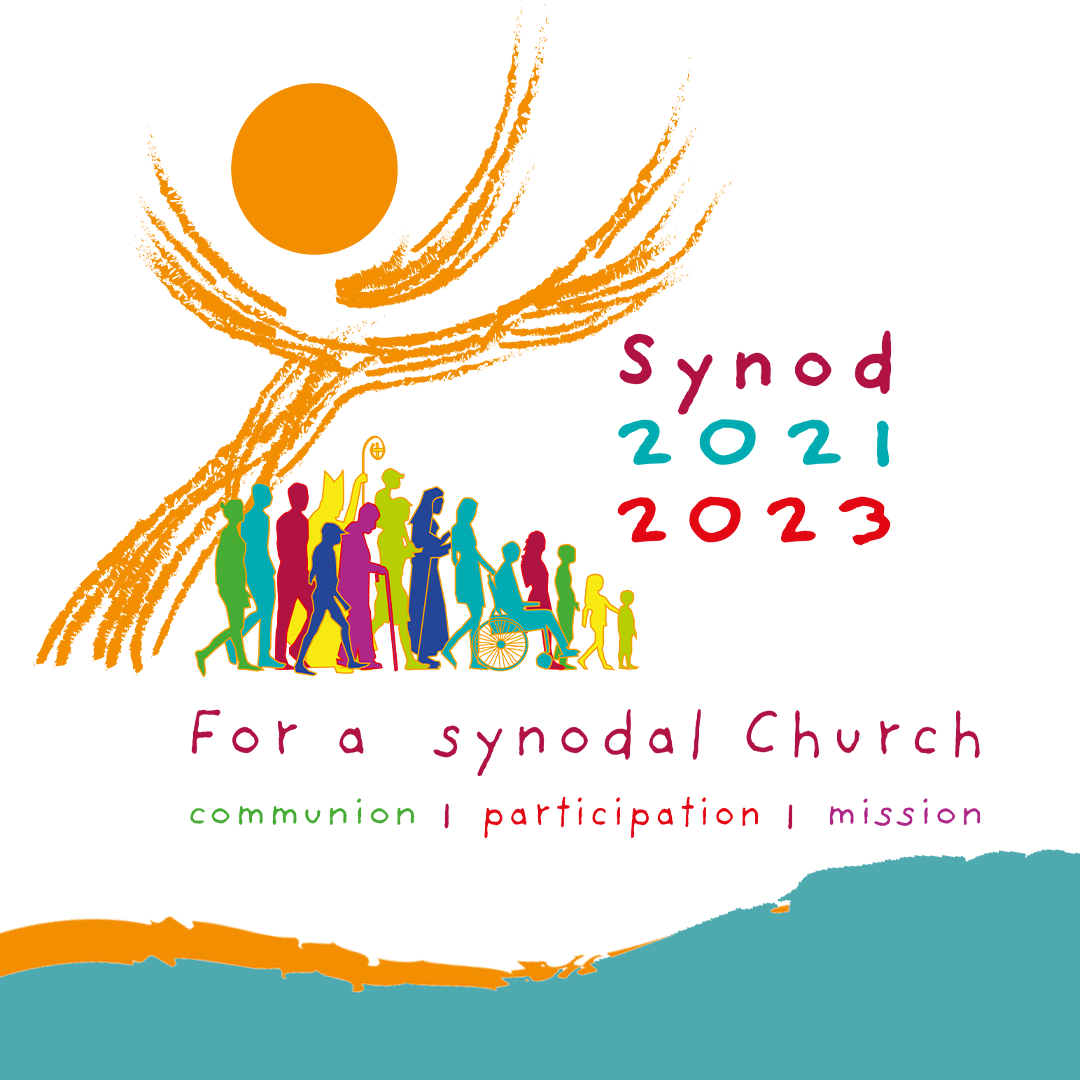Synod on Synodality
A Synodal Church: Communion, Participation and Mission
 Our Holy Father Pope Francis has invited the global Catholic Church to embark on a journey together. Through listening and discernment rooted in the Holy Spirit, the entire people of God will be called to contribute to a process by which the Church deepens in understanding of Her mission and looks toward the future.
Our Holy Father Pope Francis has invited the global Catholic Church to embark on a journey together. Through listening and discernment rooted in the Holy Spirit, the entire people of God will be called to contribute to a process by which the Church deepens in understanding of Her mission and looks toward the future.
Unlike a council starting at Rome and then promulgated to the faithful around the world, a synod commences at the local level (i.e. grassroots) and is communicated back to Rome. Whereas a council appears running from the top trickling down, a synod starts at the most local level and is slowly elevated to Rome. This year, the Holy Father, Pope Francis, has invited all the members of the world-wide Church to engage in the “Synod on Synodality” which aims to assess the Church’s adherence to Her ultimate mission.
This two-year consultative process engages the faithful in dialogue and communication to foster the Church’s three pillars communion, participation, and mission. At Saint Matthew, we will be joining parishes around the globe to answer the Holy Father’s invitation in gathering responses to questions which will evaluate our standing in being faithful to these three pillars of communion, participation, and mission at our parish.
Next Steps
We have developed a procedure for all parishioners of Saint Matthew to submit their responses to the Synod questions via a digital form or a written response. You can complete the survey at the bottom of this webpage. We will also have a number of Listening Sessions, which are open for all parishioners to attend.

